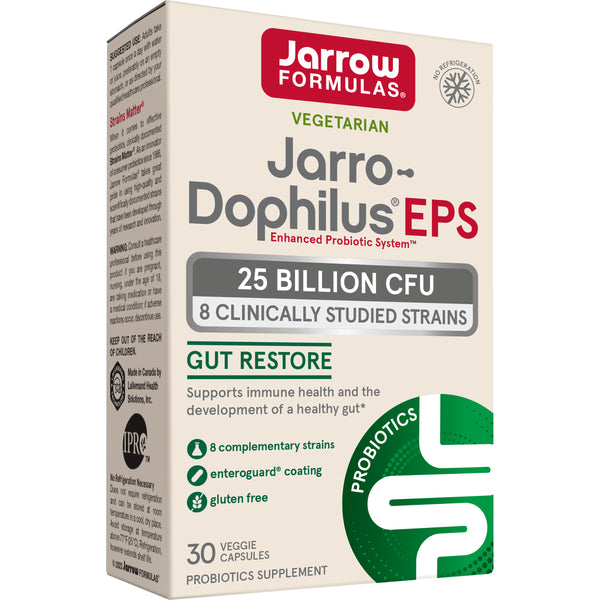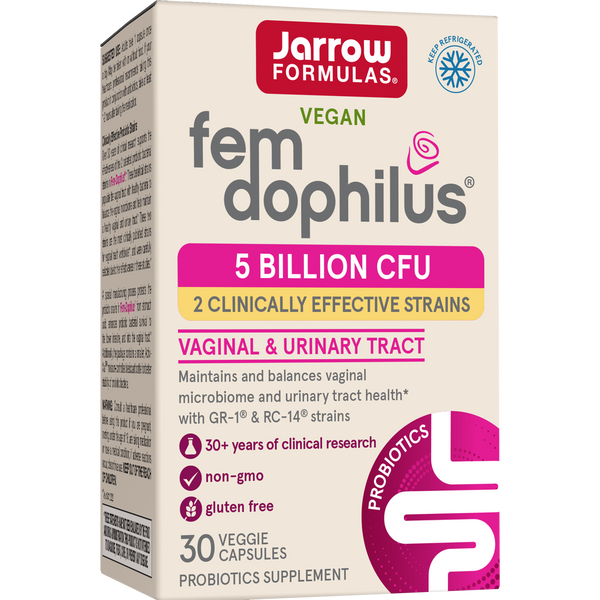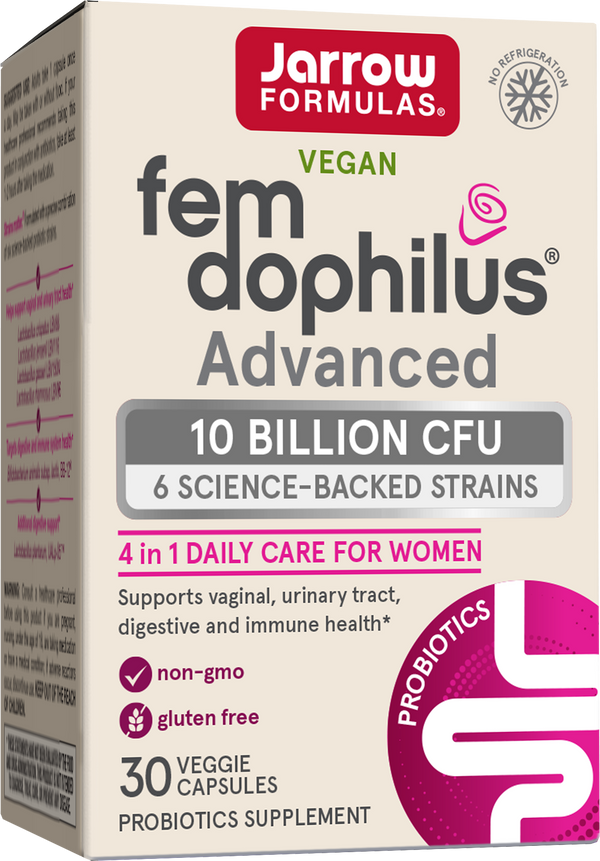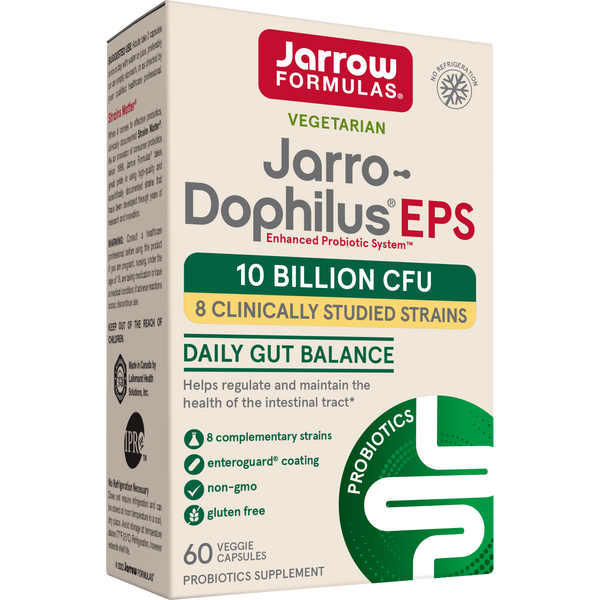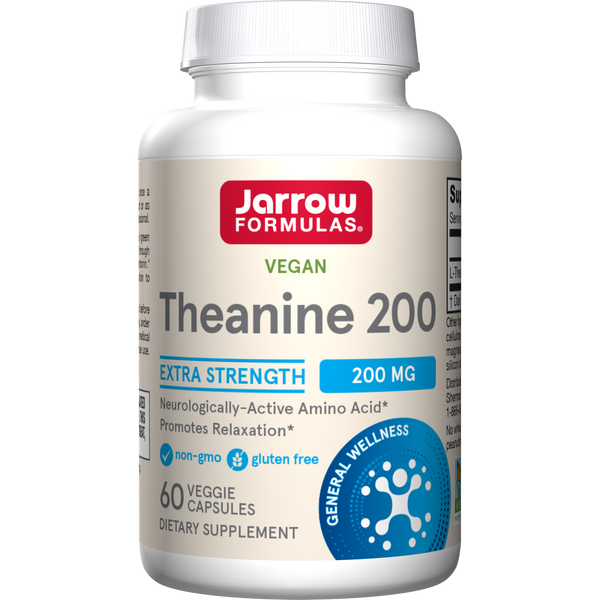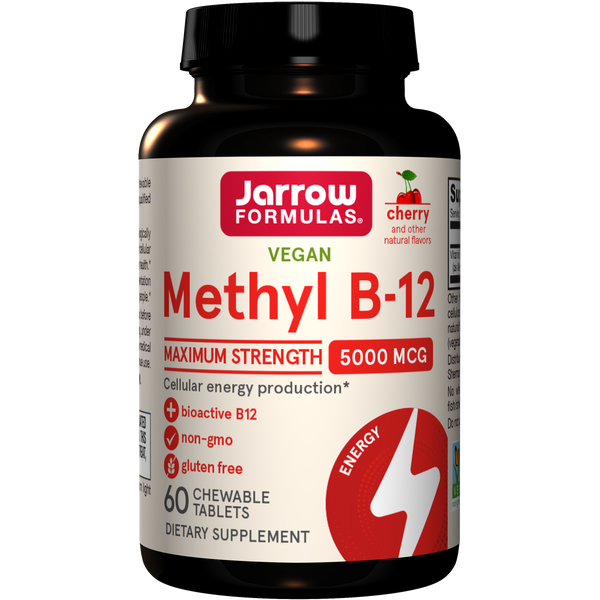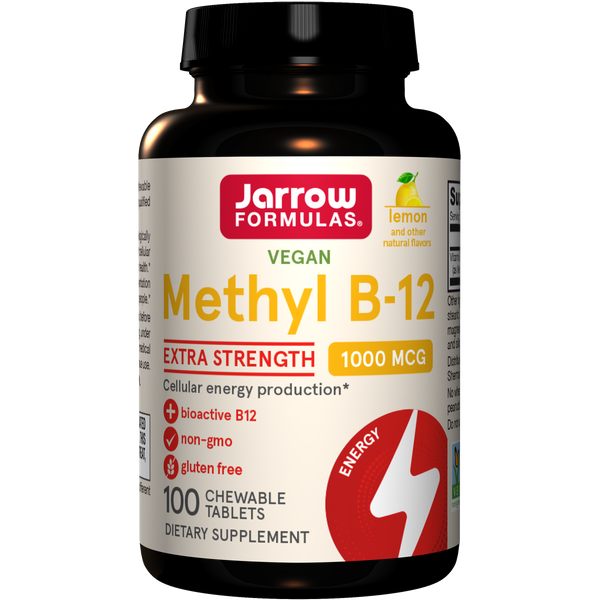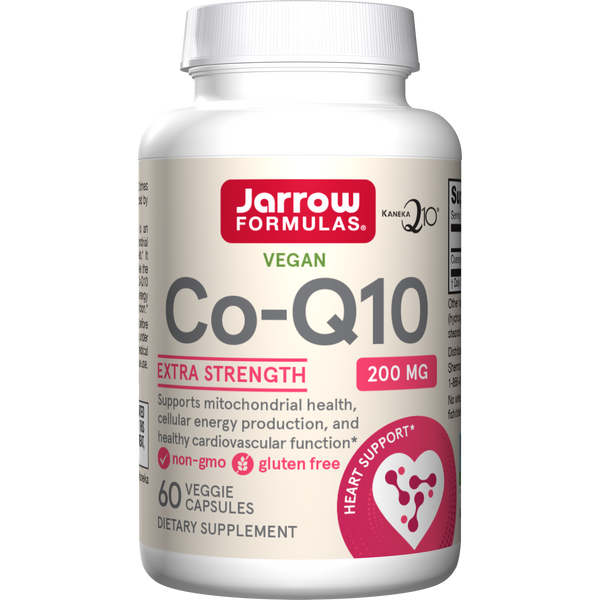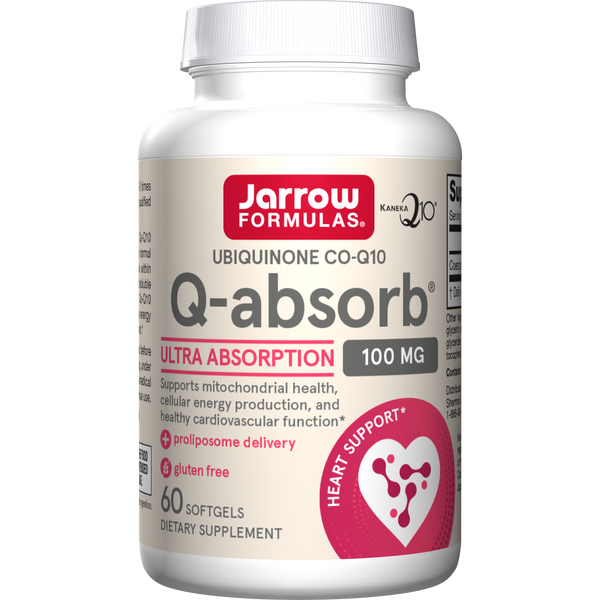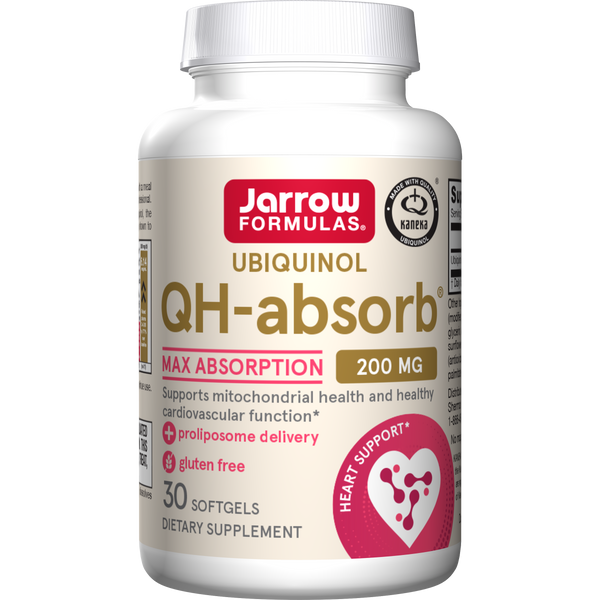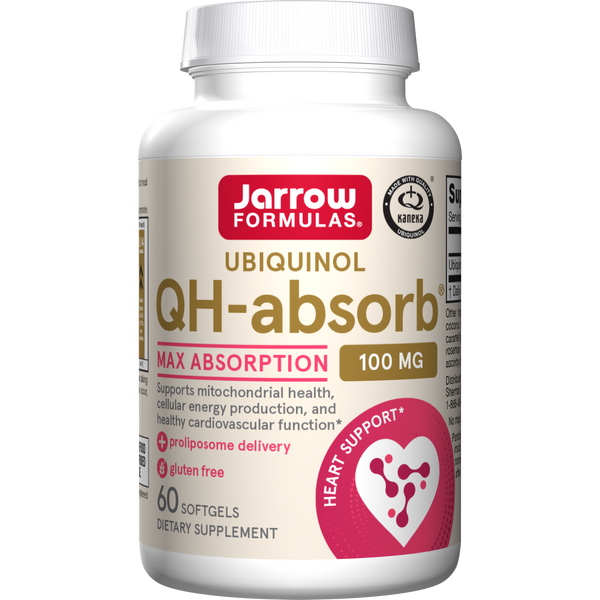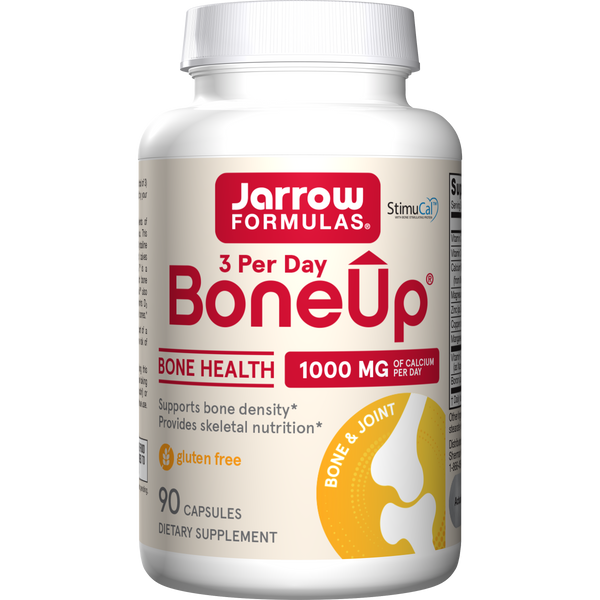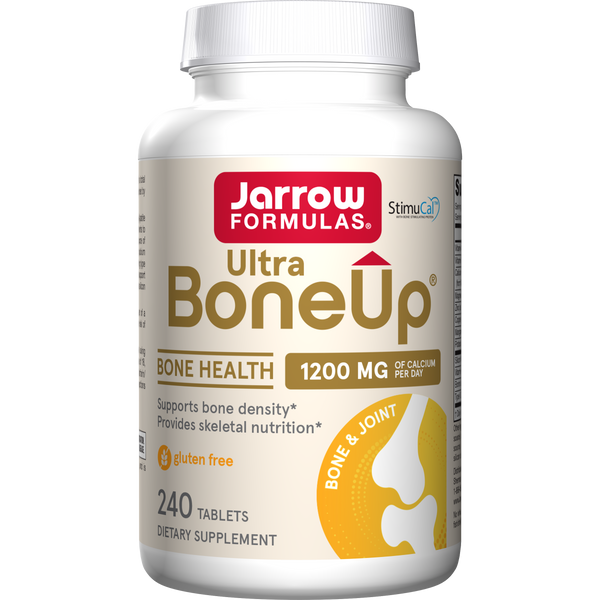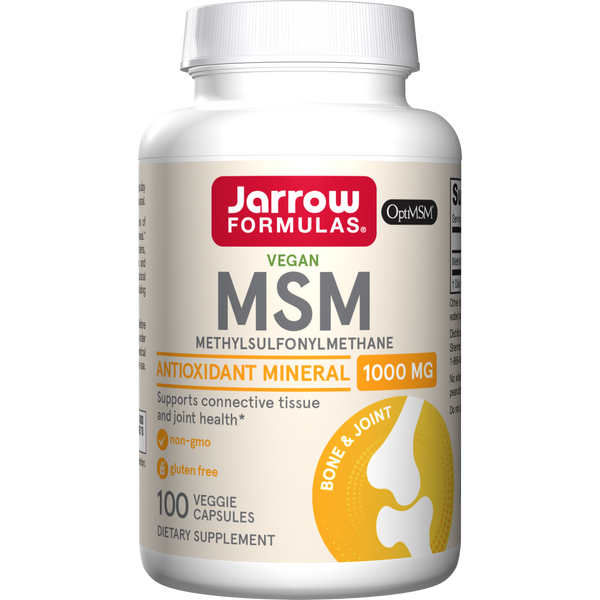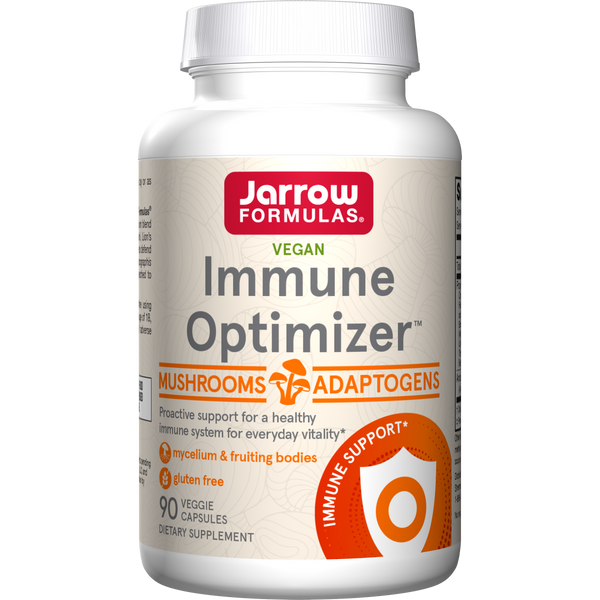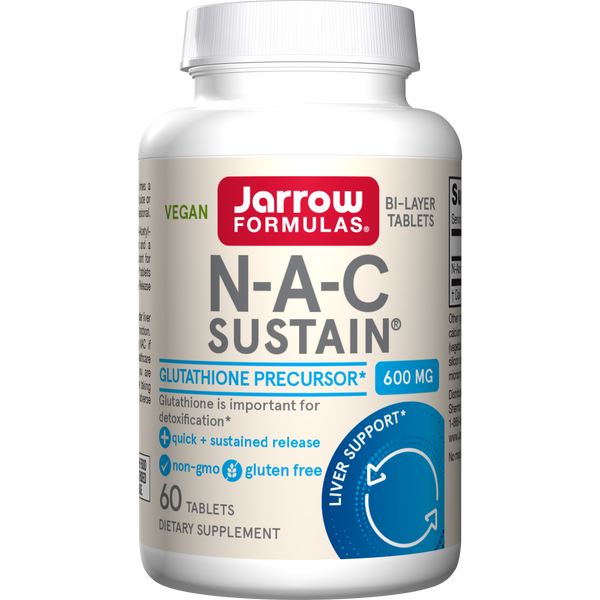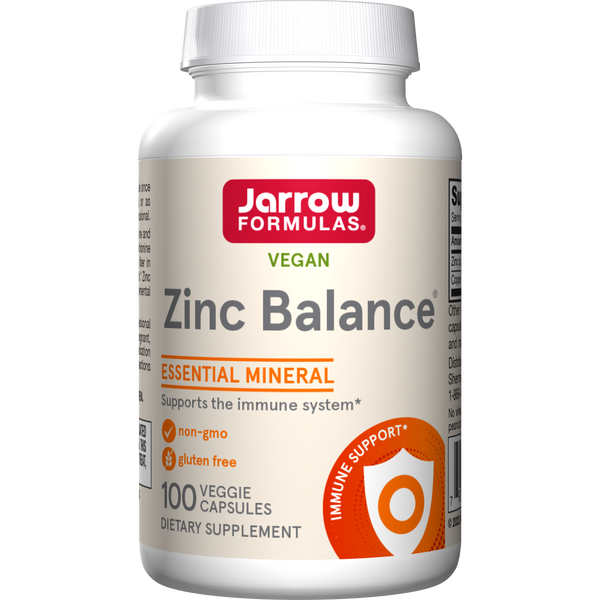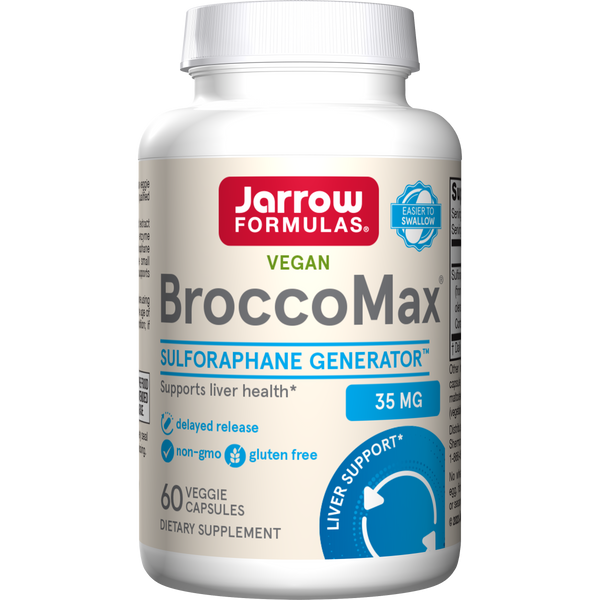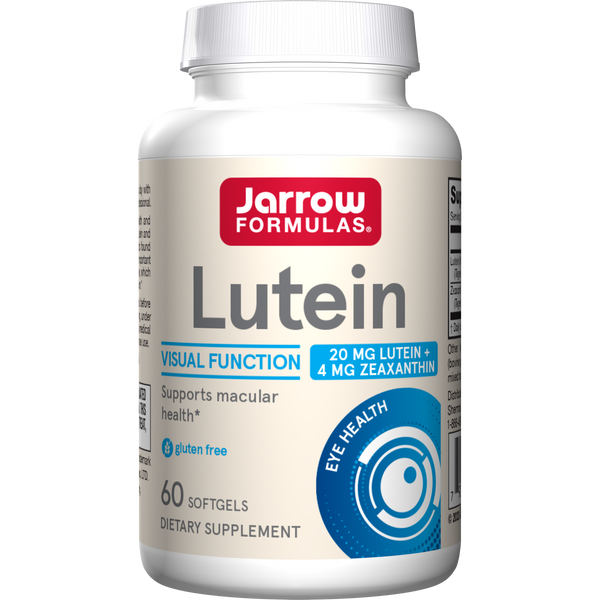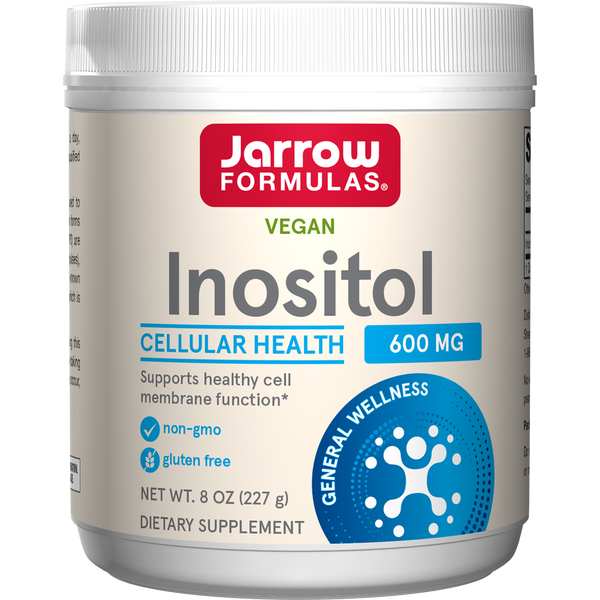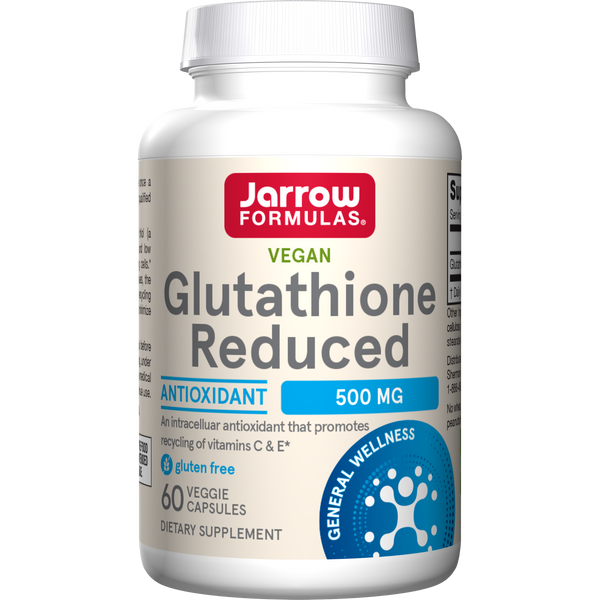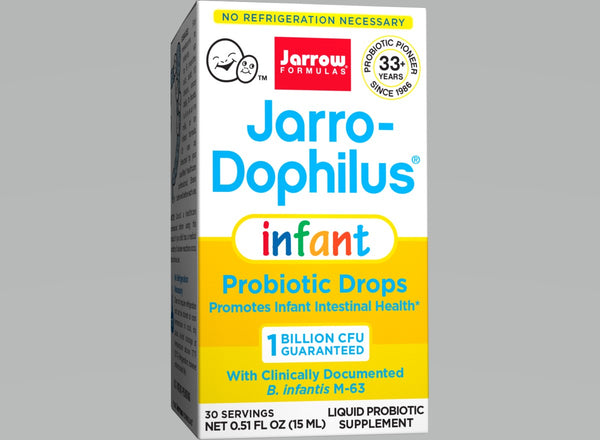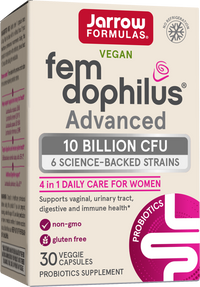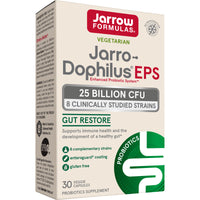Jarro-Dophilus Infant Reference Guide
Promotes Infant Intestinal Health*
Infant Intestinal Microbiota
The predominance of bifidobacteria in the stools of healthy breastfed infants was described over 100 years ago and led to the hypothesis that human milk contains “bifidogenic factors” that stimulate the growth of bifidobacteria. B. infantis is so-named because it is frequently the predominant beneficial bacterium in the intestinal flora of healthy breastfed infants.*
B. infantis Premier Colonizer of the Breastfed Infant Colon
B. infantis is unique among intestinal microbes in its ability to import, digest and metabolize all types of Human Milk Oligosaccharides (HMOs) because this bacterium has specific genes encoding multiple transport proteins and enzymes not found in other bacterial species. The genome and metabolic strategy adopted by B. infantis suggests it co-evolved with human milk to gain a competitive growth advantage. That advantage allows the bacterial subspecies to outcompete other infant intestinal microbes and help protect the infant from undesirable microbes.* The ability of B. infantis to thrive on HMOs may lead to improved binding to the intestinal mucosa and account for its increased presence in breastfed infants.*
Human colostrum and “early milk” contain large amounts of free HMOs and glycoproteins to promote an ideal nutrient niche within the lower gastrointestinal tract of infants for colonization by B. infantis. This results in decreased diversity of the infant intestinal microbiota. Increased intestinal microbial diversity is generally considered beneficial in adult populations, but this is not the case in healthy newborns where predominance of relatively few Bifidobacterium species is associated with improved health.* B. infantis has been associated with improved growth, and development of intestinal membrane integrity and immune function.* This symbiotic relationship exemplifies co-evolution of two species to protect and support the development of newborns prior to weaning.*
B. INFANTIS M-63
Bifidobacterium longum infantis M-63
B. infantis M-63 is a clinically documented, room-temperature tolerant strain of B. infantis that helps establish a healthy microbiota in infants.* A study published in the Journal Anaerobe showed that administration of probiotic Bifidobacterium species to infants, including B. infantis M-63, promoted faster colonization by bifidobacteria and significantly increased the proportion of infants with a bifidobacteria-predominant microbiota, along with reduced levels of undesirable bacteria.* Furthermore, B. infantis M-63 showed the highest capacity to colonize the infant gastrointestinal tract and was detected in 85% or more of the infants during the supplementation period. Thus, B. infantis M-63 efficiently colonizes and improves Bifidobacterium colonization of the infant gastrointestinal tract.*
Evidence suggests that the framework of an individual’s intestinal flora is established from a very young age. As indicated above, an increased presence of B. infantis is natural in breastfed infants. Similarly, B. infantis M-63 efficiently colonizes and improves general Bifidobacterium colonization of the infant gastrointestinal tract. B. infantis M-63 is a superior strain of the dominant bacterial species found in the breastfed infant gut.* This is important because strains of bifidobacteria are known to produce healthful short-chain fatty acids, modulate healthy immune response and promote greater tolerance to dairy products.*
The safety of B. infantis M-63 has been confirmed by oral toxicity tests, analysis of antibiotic resistance, genomic analysis and clinical evaluation, which found no adverse effects in low-birth-weight infants.
Jarrow Formulas’ Jarro-Dophilus® Infant drops contain a superior, scientifically documented strain. Clinical studies have demonstrated the benefits of this strain in infants and young children.*
Jarro-Dophilus® Infant is suspended in MCT oil. Medium chain triglycerides (MCTs) are naturally present in breast milk and more easily absorbed by the newborn’s immature digestive system.* It is also dairy free and formulated to reduce clumping of ingredients.
- - B. infantis has historically been the predominant beneficial bacterium in newborns
- - Convenient liquid drops
- - One Billion CFU probiotic cells per serving
- - No refrigeration necessary
- - Vegan
- - Gluten Free
- - Dairy Free



